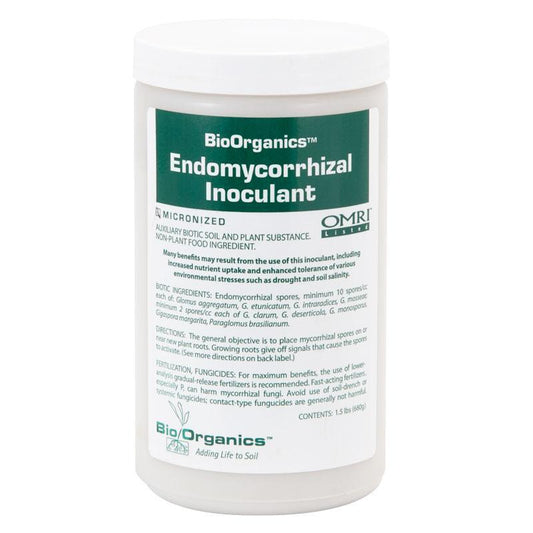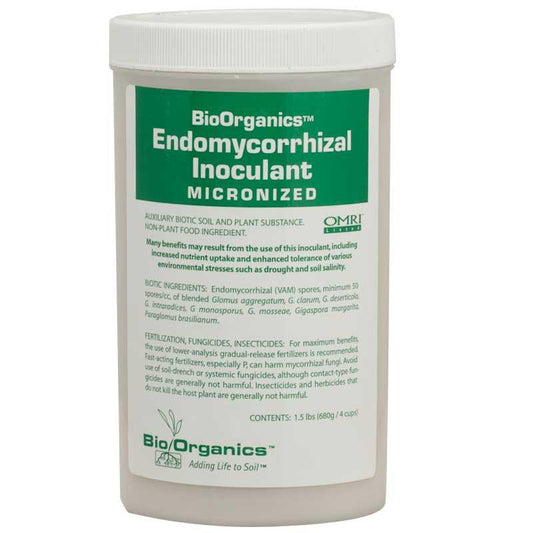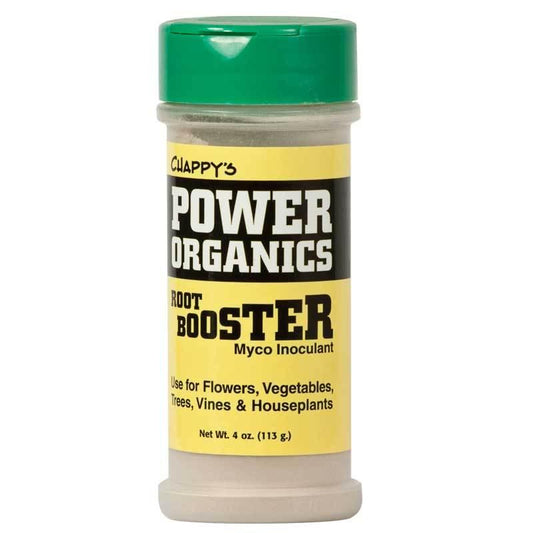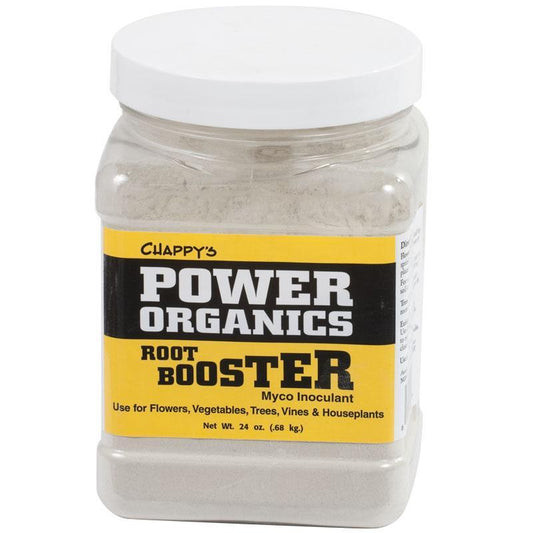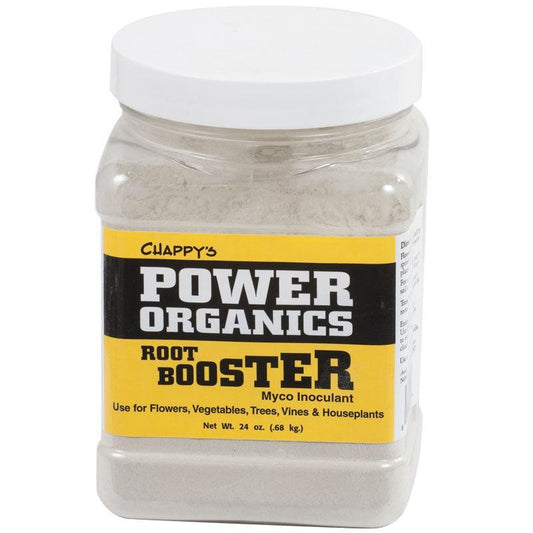Understanding the Soil Food Web: The Foundation of Healthy Gardening
Every year, new discoveries reveal the intricate and fascinating relationships that exist within the soil. From trees and plants to fungi, microorganisms, worms, and other soil inhabitants, this network of connections is collectively known as the soil food web. This dynamic system is crucial for maintaining soil health, plant nutrition, and sustainable gardening practices.

The Circle of Life: What Is the Soil Food Web?
The soil food web encompasses all living organisms in the soil, ranging from the microscopic bacteria and fungi to larger creatures like worms and insects. Together, these organisms interact in a complex cycle of growth, reproduction, and decomposition.
Key Components of the Soil Food Web
- Decomposers: Bacteria and fungi break down organic matter into simpler compounds.
- Consumers: Earthworms, nematodes, and other organisms feed on decomposers or organic material, further breaking it down.
- Predators: Birds, insects, and larger animals control the populations of soil-dwelling organisms.
These interactions contribute to a balanced ecosystem, benefiting both the soil and the plants growing in it.
Benefits of a Healthy Soil Food Web
A thriving soil food web does more than just support plant growth. It provides numerous ecological and practical advantages:
- Enhanced Soil Nutrition: Decomposers break down organic matter, releasing essential nutrients that plants can absorb.
- Improved Water Retention: Organic matter and microorganisms increase the soil’s ability to retain moisture, reducing the need for frequent watering.
- Pest and Disease Resistance: Beneficial microbes compete with harmful pathogens, naturally protecting plants from diseases and pests.
- Soil Insulation: Organic matter buffers the soil from temperature extremes, protecting roots during summer heat and winter freezes.
- Reduced Need for Fertilizers: Healthy soil organisms recycle nutrients, reducing the dependence on synthetic fertilizers.
Feeding Your Soil, Not Just Your Plants
To maintain a thriving soil food web, it’s essential to shift the focus from feeding plants directly to nourishing the soil ecosystem as a whole.
Why Organic Fertilizers Are Best
- Organic fertilizers contain nutrients in forms that soil microorganisms can break down and convert into plant-available ions.
- They release nutrients slowly, avoiding nutrient spikes that can harm soil life.
- Organic fertilizers also provide organic matter, which is a critical food source for soil organisms.
Avoiding Soil Shock
Conventional fertilizers with high nutrient concentrations can disrupt the soil food web by shocking or killing beneficial microorganisms. Organic fertilizers, on the other hand, improve soil health gradually, fostering long-term balance and fertility.
The Role of Organic Matter in the Soil Food Web
Organic matter is the cornerstone of a healthy soil food web. It serves as food for microorganisms, improves soil structure, and acts as a reservoir for water and nutrients.
Types of Organic Matter
-
Active Organic Matter:
- Includes fresh plant residues and manure.
- Decomposes quickly, releasing nutrients that plants and microorganisms can use.
-
Stable Organic Matter (Humus):
- The end product of organic matter decomposition.
- Decomposes slowly, providing long-term benefits like nutrient storage and improved soil structure.
 Adding Organic Matter to Your Soil
Adding Organic Matter to Your Soil
- Compost: Add fully aged compost to your garden beds to increase nutrient availability and microbial activity.
- Cover Crops: Plant green manure cover crop like clover or vetch. When cut down and left to decompose, they enrich the soil with organic matter and nitrogen.
- Earthworm Castings: These provide both organic matter and beneficial microorganisms, boosting soil health.
Boosting a Weak Soil Food Web
If your soil lacks the organisms needed to break down organic matter, adding more alone won’t solve the problem. Here’s how to reinvigorate a struggling soil ecosystem:
1. Introduce Beneficial Organisms
- Add mycorrhizae fungi to improve nutrient uptake and root health.
- Use earthworm castings containing live eggs to establish a population of worms in your soil.
- Incorporate bokashi compost to add beneficial bacteria and fungi.
2. Reduce Disturbances
- Minimize Tillage: Tilling disrupts the soil structure and harms microorganisms.
- Prevent Erosion: Use cover crops or jute netting to keep soil in place and protect the ecosystem.
3. Use Organic Practices
- Avoid synthetic pesticides and fertilizers that can harm soil life.
- Apply organic fertilizers and amendments to encourage microbial activity.
The Long-Term Benefits of Organic Matter
Investing in organic matter not only improves the soil food web but also yields lasting benefits for your garden:
- Increased Nutrient Storage: Organic matter has a high Cation Exchange Capacity (CEC), allowing it to hold onto nutrients and release them slowly.
- Better Soil Structure: It makes soil more resistant to compaction and erosion, ensuring healthier root growth.
- Sustainable Gardening: A healthy soil food web reduces the need for chemical inputs, making your garden more eco-friendly and cost-effective.
Practical Tips for Building a Healthy Soil Food Web
- Test Your Soil: Regular soil tests can help you identify nutrient deficiencies and pH imbalances.
- Rotate Crops: Crop rotation prevents nutrient depletion and disrupts pest cycles.
- Apply Mulch: Mulching conserves moisture, suppresses weeds, and adds organic matter as it decomposes.
- Use Diverse Plantings: Growing a variety of crops supports a more diverse soil ecosystem.
Final Thoughts
The soil food web is the foundation of any successful garden. By feeding your soil with organic matter, protecting its living organisms, and practicing sustainable gardening techniques, you can create a thriving ecosystem that supports healthy plants and reduces the need for synthetic inputs.
Organic gardening isn’t just about avoiding chemicals—it’s about fostering life beneath the surface. When you care for the soil food web, the soil will take care of your plants, giving you healthier crops and a more resilient garden.
🌍 Explore More: Strengthen Your Soil Food Web Naturally
A healthy soil food web doesn’t happen by accident—it’s built through informed practices, organic amendments, and biological partnerships like those formed with mycorrhizal fungi. These curated resources from Grow Organic will help you dig deeper into soil health and take actionable steps toward a thriving, resilient garden.
- 🍄 The Vital Role of Mycorrhizae in Plant Health and Soil Biology
Learn how mycorrhizal fungi form symbiotic partnerships with plant roots, unlocking access to water and nutrients while supporting the entire soil food web. - 🧬 The Dirt on Mycorrhizae
Explore the types of mycorrhizae and their specific roles in improving soil structure, boosting drought resistance, and reducing fertilizer needs. - 🌱 The Essential Guide to Summer Cover Crops
Discover how cover crops feed beneficial microbes, prevent erosion, and recycle nutrients to keep your soil ecosystem active and healthy year-round. - 🧪 Meet the Secondary Macronutrients & Micronutrients Your Plants Need
Understand how trace elements and secondary nutrients influence soil biology and plant vitality—and how to supplement them organically for long-term soil balance. - 🛒 Shop Mycorrhizal Inoculants
Kickstart or restore your soil’s biological activity with high-quality mycorrhizal inoculants. Perfect for vegetables, ornamentals, trees, and more—these natural allies strengthen root systems and boost nutrient uptake.
Resource Area: Maximize Value from Soil Amendments
Get the most from your soil‑building dollars with smart amendment choices:
-
The Benefits and Uses of Cottonseed Meal – Learn how slow-release meal builds soil and stretches your spend.




